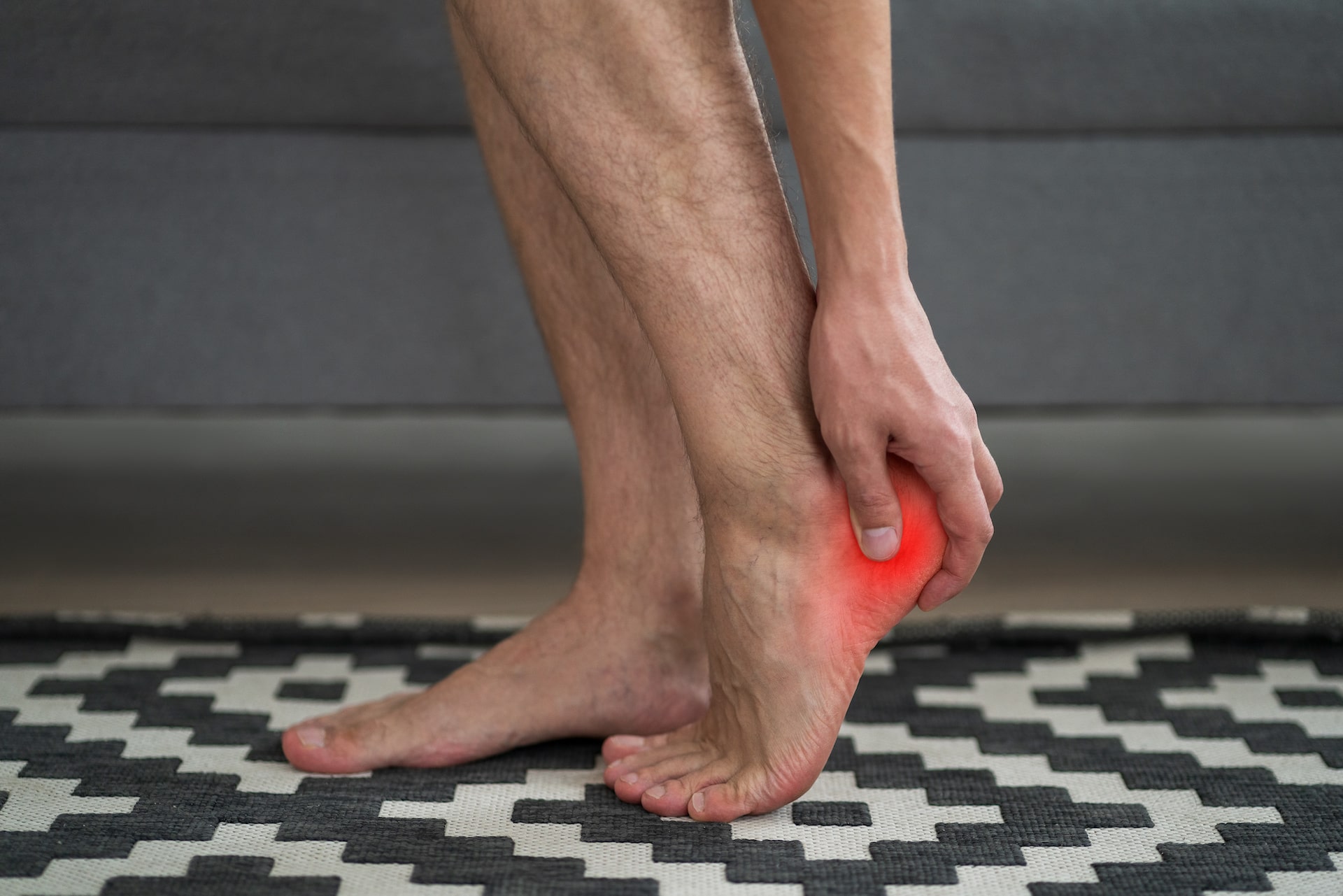Symptoms of peripheral neuropathy
The most common symptoms of peripheral neuropathy are burning, numbness, or tingling sensations in the toes. However, some may experience stabbing pains or abnormal sensations not only in the toes, but in the foot as well. It is important to understand that these symptoms are also often the early signs of diabetes. If you are experiencing these symptoms, schedule an appointment with your podiatrist at Kansas City Foot Specialists — as both diabetes and peripheral neuropathy may pose significant complications for foot health if left untreated.
Causes and two particular types of peripheral neuropathy
Certain medications, most notably those used in chemotherapy, aging, arthritis, neurological conditions such as spina bifida and fibromyalgia, and heredity are all predisposing factors in developing peripheral neuropathy. Injuries may also lead to neuropathy. While there may be a number of causes for peripheral neuropathy, diabetes and alcoholism are the most common.
Diabetic peripheral neuropathy — Up to 70 percent of diabetics will go on to develop peripheral neuropathy. Elevated blood sugar over a prolonged period of time has been linked to permanent nerve damage in the feet and hands.
Alcoholic peripheral neuropathy — Ethanol is the alcoholic component of alcoholic beverages, but is toxic to nerve tissues, and over time will lead to nerve damage. As with diabetic peripheral neuropathy, the damage is permanent.
Treatment of peripheral neuropathy
Podiatric care of peripheral neuropathy is essential for maintaining foot health. Because peripheral neuropathy is a disease in which the nerves of the toes and feet are damaged, sensations in the feet are often reduced, which increases risk of injuries or other illnesses of the feet. Regular visits to the podiatrist will help maintain your foot health.
During your visit, your podiatrist will examine your feet for any signs of injury or infection and provide you with guidance on how to best care for your feet at home. This includes monitoring your blood glucose levels if you are a diabetic. Exercise and certain medications may also be recommended to help slow the development of your peripheral neuropathy even if you aren’t diabetic.
Home care after diagnosis of peripheral neuropathy
Once your podiatrist has diagnosed you with peripheral neuropathy, you will need to inspect your feet regularly at home for signs of injury or infection. Because peripheral neuropathy causes decreased sensations, sometimes visually inspecting your feet is the only way to know if they are healthy or not. If you see any signs of infection or injury, schedule an appointment with your podiatrist right away, as prompt treatment is essential for maintaining your health and preventing worsening injury or infection. If you aren’t able to inspect your own feet, enlist the help of another person on a regular basis. Be sure to take any medications or insulin as prescribed and monitor your blood glucose levels regularly if you are diabetic. In addition, everyone with peripheral neuropathy should avoid walking barefoot, as doing so increases the risk of injuries. Wear properly-fitting shoes and clean, dry socks.
To learn more about peripheral neuropathy and to address any other foot, ankle, or lower leg concerns, call Kansas City Foot Specialists today at (913) 338-4440 or schedule an appointment.



